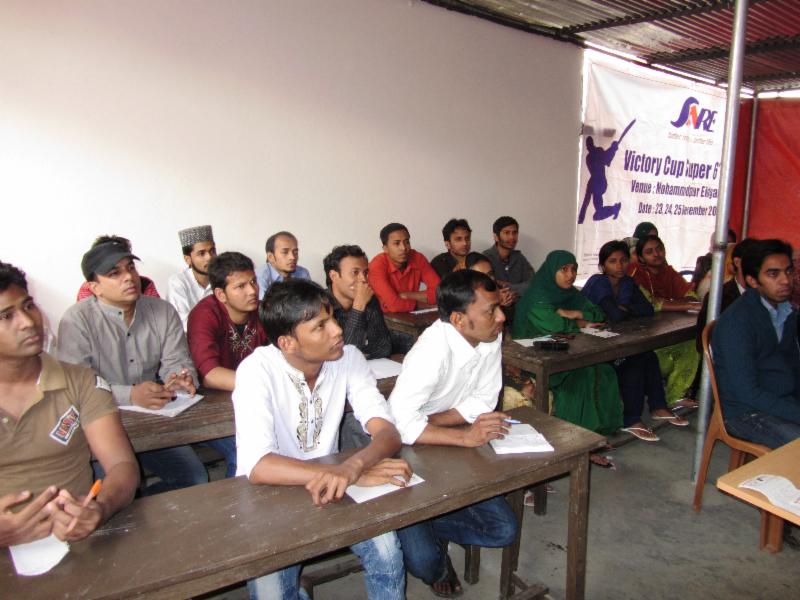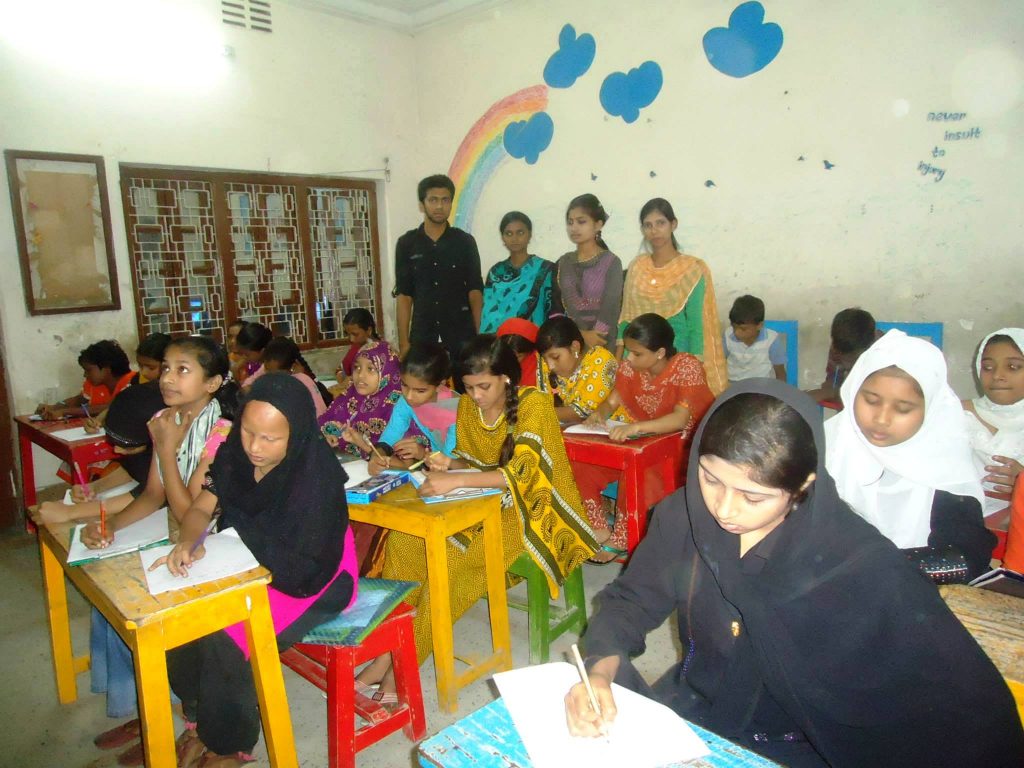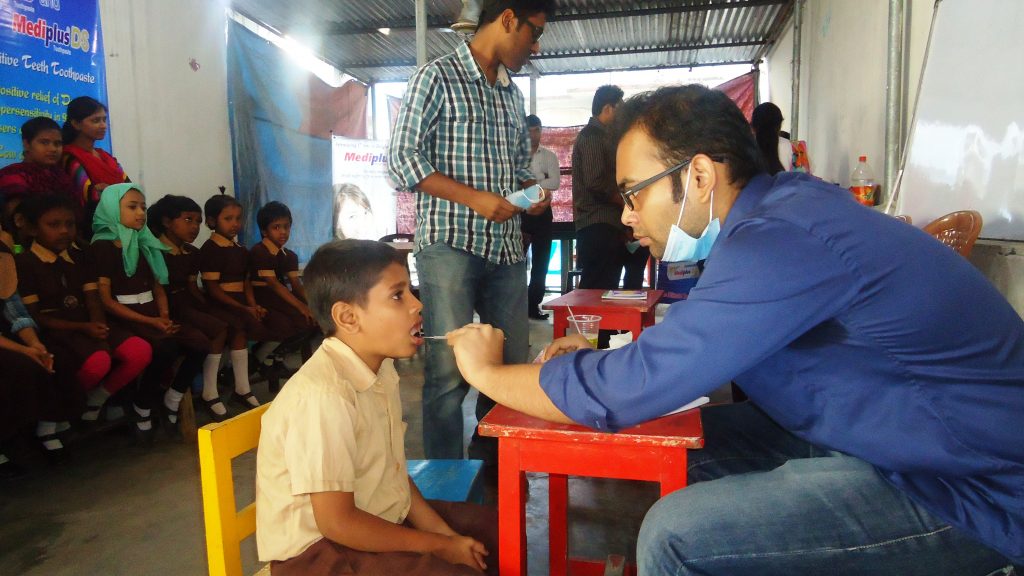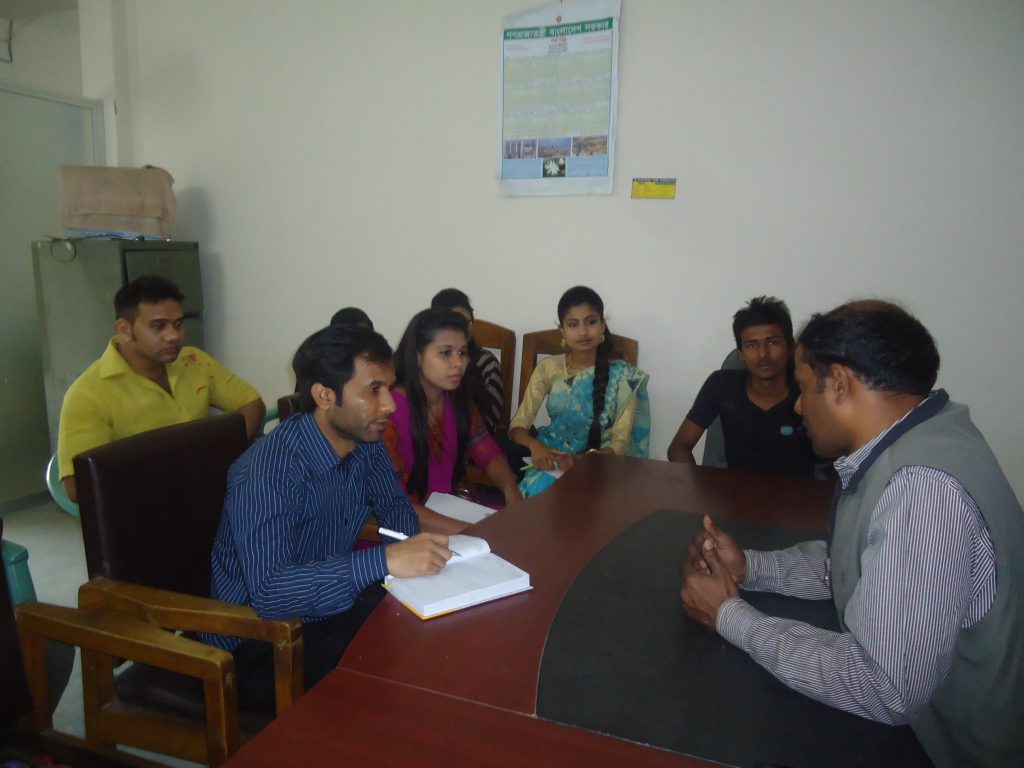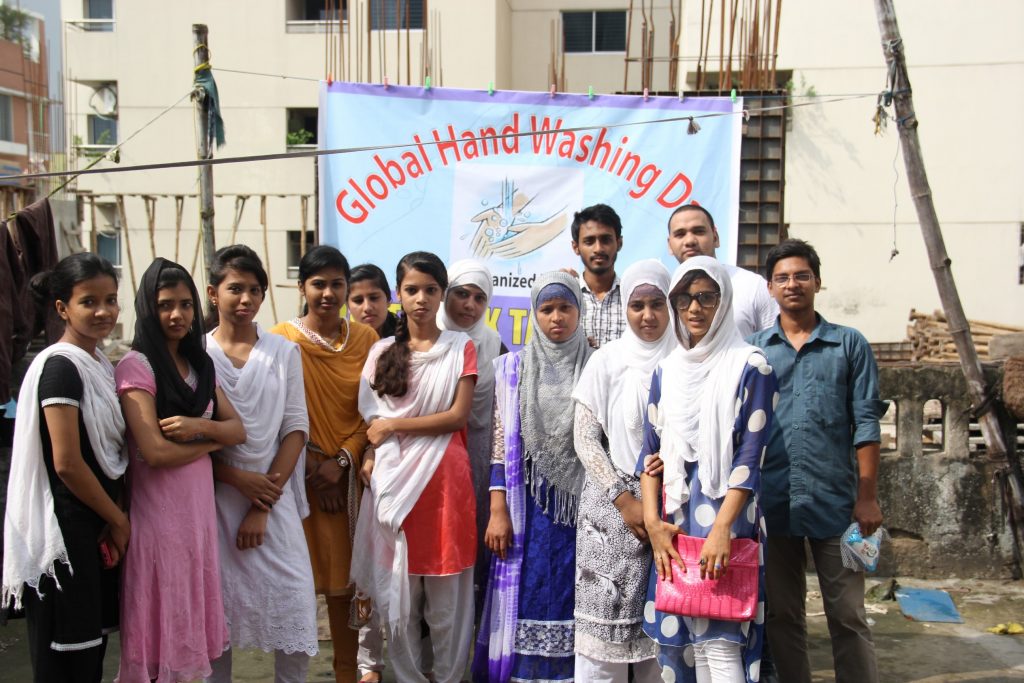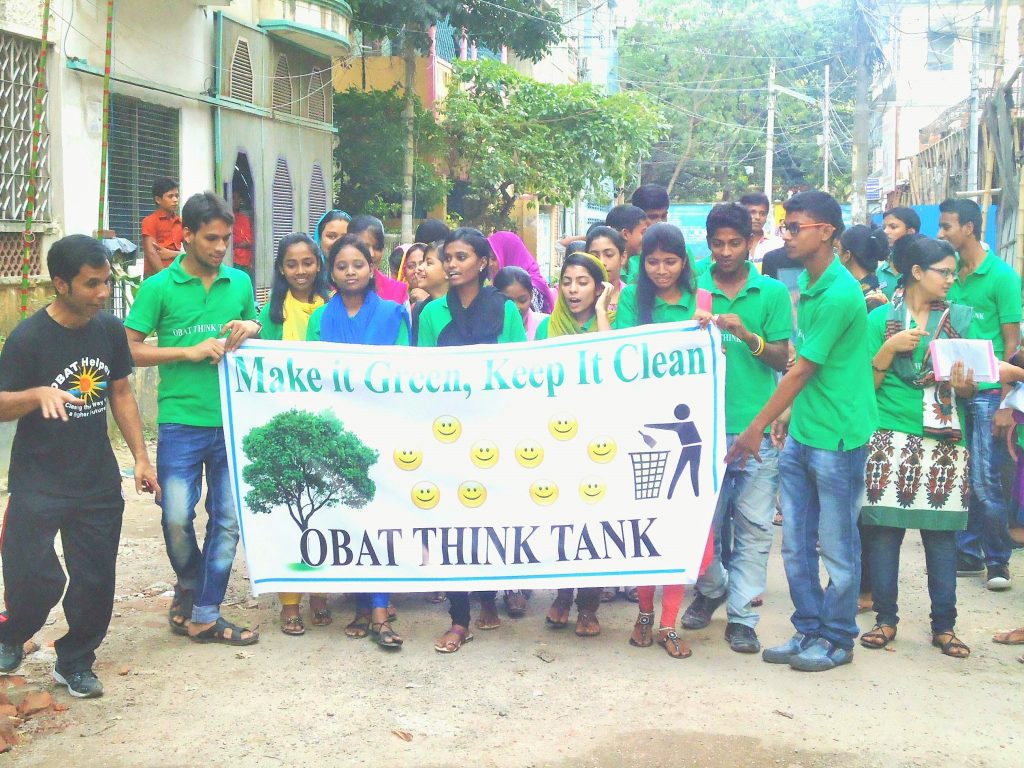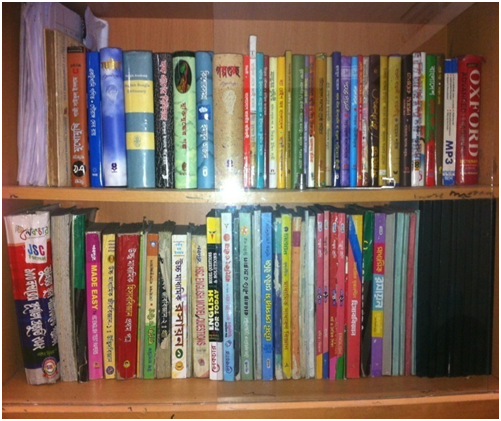OBAT Think Tank was formed in December 2012 to utilize and involve the vast and untapped potential that is present in the youth of the camps. The Think Tanks are organized groups led by the youth of the camps and work hand in hand with the OBAT staff. The main goal of the Think Tank is to organize and involve the youth with positive community building activities. The group aims to keep its members focused on the betterment of youth, while simultaneously improving their leadership and communication skills. It also works on spreading awareness regarding health, safety and a clean environment.
Several amazing projects have been organized by the Think Tank so far, read about some of them below.
This project was implemented at six different camps in Mohammad pur, Dhaka. The objective was to create awareness amid the inhabitants on how to improve their health and the living conditions in the camps. The project utilized all fifty members of the OBAT Think Tank who worked in tandem with the camp residents to build consciousness toward environmental cleanliness.
What makes this project of the Think Tank more special than others is that the group raised $130 from among themselves to bring it to fruition. These are individuals who themselves struggle for survival but each of them took upon themselves the task of raising $1.50 or 100 Takas. This library is housed inside OBAT’s Dhaka School and carries books covering a range of subjects. One hundred books have been added to the collection so far. The kids’ corner within the library is very popular among the 8-13 year old age group.
Another Think Tank project was a medical checkup and awareness camp that was held on December 16th, 2013. Four hundred and eighty-two people from six different camps in Mohammadpur, Dhaka, received treatment and medical information from a team of visiting doctors. These doctors were arranged with the help of a collaboration with the One Degree Foundation.
Five members of OBAT Think Tank have opened a tutoring center for preparation of P.E.C (primary education certificate) or elementary school exams that are held for fifth grade students. These students belong to different camps in Mohammadpur, Dhaka. Thirty of these students will be soon taking the exam.
Due to widespread illiteracy, many camp residents are unaware of some the facilities that are offered by the government. Among them is providing a monthly allowance, free medical facilities, general education and vocational training to autistic people. In the project, “Disable to Able,” one hundred members of OBAT’s Think tank will go door to door in six different camps in Mohammadpur, Dhaka to collect data on autistic individuals and dispense information on government facilities available for them. Bangladesh Social Welfare Organization (Ministry of Social Welfare) will partner with OBAT Think Tank to collect this data at the Dhaka office of OBAT to get the autistic individuals registered in the government database which maintains information about such individuals. A meeting with Mr. Shahid uz Zaman from the Social Welfare Organization was held with the Think Tank. He indicated that previously the organization had not been able to enlist even 10% of the autistic population in the camps but with the design of this project, he feels comfortable that the entire population will get enlisted. The organization arranged a workshop for the youth of the Think Tank on March 9th. The workshop taught the youth how to carry out the survey, how to deal with family members due to the sensitivity of the issues as well as filling up the forms which will be provided to them. They will also be provided with government identification cards to ease their work in the field. Stay tuned for more updates on this project.
For the last 26 years, the NLJ OBAT high school has faced serious lighting issues. This has greatly hampered the educational process for the students in these classrooms. In order to address this issue, the OBAT think tank collaborated with a youth organization called CHANGE. Together, they constructed 28 bottle lights within two days for the school. Solar bottles are simple, cost efficient devices that can be built of scrap tin, roof tiles and empty plastic bottles filled with water. The construction is then integrated into the roof and sealed with water proof glue. Through light refraction, the sunlight is then channeled into the buildings. Approximately 1,000 students will benefit from these bottled lights. In addition, this opens up the possibility for local families to hold different festivals at the school such as wedding ceremonies and receptions.
October 15th is designated as global hand washing day to promote awareness of the benefits of hand washing with soap. The day was observed throughout all of the OBAT educational projects across Bangladesh by demonstrating to the children the proper way to wash their hands in order to stay healthy and germ free.
We are so proud of the young crew that comprises our Think Tank for spending the day in the CRO camp, creating awareness among the camp residents of proper hand washing to stay healthy.

